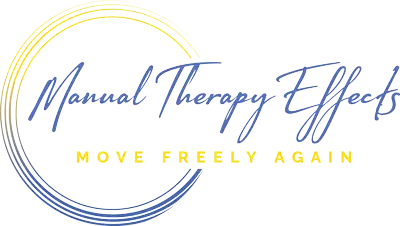Good experiences, bad experiences, both are what influence future decisions and more experiences.
I had a friend recently run in her second half marathon. She was undertrained going into it, but figured youth and athleticism would get her through it. 12.5 miles into the race she unknowingly passed out, waking up on a stretcher in the medical tent with an IV in her arm. She doesn’t remember much leading up to the moment her body quit on her.
It’s awful to hear that she didn’t make it to the finish line. What happened? Not only did undertraining catch up to her, she was under nourished, under hydrated, and started the race WAY too fast. Her friend said, “The next one, I’ll run with you to make sure you’re hydrated and pacing correctly.”. Her reply, “Who says there is going to be a next time?”
She was obviously disheartened and disappointed with her performance, maybe even a little embarrassed. Her BAD race experience has her swearing off doing another half marathon again in the near future or ever. “Getting back on the horse” to give it another go wasn’t even on the radar.
Nobody likes to have bad experiences, let alone, pay for them.
I hear stories of people that have gone to physical therapy and basically had nothing glowing to say about it. So from that point forward, they swear off going to PT for any other issue that might crop up because they think all PT clinics are the same.
For the more persistent, the individual finds the PT that meets those needs. Bypass the “fluff”, get to the heart of the matter and address it. I’ve had many clients tell me they’ve been to those other places and had bad experiences. Anything from the lack of attention to mediocre outcomes to lack of communication simply because the PT is juggling too many patients at the same time. It’s no wonder why PT gets a bad rap at times. Most people honestly don’t know the differences in the types of care that they can receive. The majority think that all we do is give patients a bunch of exercises to do to fix their problems and send them on their way. I’m not even sure all doctors know what PTs really do.
I have a family member who is a doctor. Sports medicine and orthopedics is not his specialty (that part of his med school education apparently is collecting dust in the archives of his brain). It was not until I worked on him for his injury that he realized what I actually do as a physical therapist. He also recognized that the approach was different than what he perceived at other clinics. He now understands the value of the hands on, manual therapy model. It works. His first hand good experience set the expectations higher if he ever needs to be “fixed” again.
I’ll age myself a little here. My last major high school reunion came and went. I didn’t attend but I was reading comments of folks who did attend. Most were positive and the organizers worked hard to pull off a great event. One person complained that the price was too high. At the door, the price was around $70. It including food, entertainment, and the venue. He pointed out he could get two dinners for two out of that $70 at a nice restaurant. I’m not sure his definition of nice, but $70 is plenty for ONE dinner for two. He only saw the value of the money as a tangible breakdown of cost. I felt the price was fair even inexpensive considering where it was held. I pointed out that you aren’t just paying for the food, venue, and entertainment, you are paying for the EXPERIENCE. The experience of meeting up with old friends, creating memories, and having a good time no matter how lousy the food might have been.
I struggle to spend money on a $20 item while I drop serious money on race registrations without batting an eye. WHY? Because I pay for the race experience and everything that goes with it. Those once in a lifetime experiences like racing Ironman Hawaii, or adult fantasy camp with NBA legends, or climbing Mt. Everest. Each comes at an absurd price, but the memories you create and soaking up a fantastic experience will last a lifetime. It’s priceless really.
Good experiences are moments we value. We relish in them. I want people to feel deserving of being cared for as a person, an individual with their own set of needs/wants.
Paying for good experiences and service should be everyone’s expectation. Your health care experience should be no different. Your providers should care and listen to your needs and wants. You are paying them to do that and you are paying for them to HELP YOU. You are seeking out their EXPERTISE so that you can resume your normal everyday life activities.
Experiences
Talk To A PT Over The Phone
If you'd like to get more information or discuss your condition with a professional, use the form to register for your FREE call back.
Free Discovery Visit
Schedule your free discovery visit so we can learn more about your pain and how we can fix it.
Find Out Cost & Availability
Inquire about the pricing and availability of our services.
